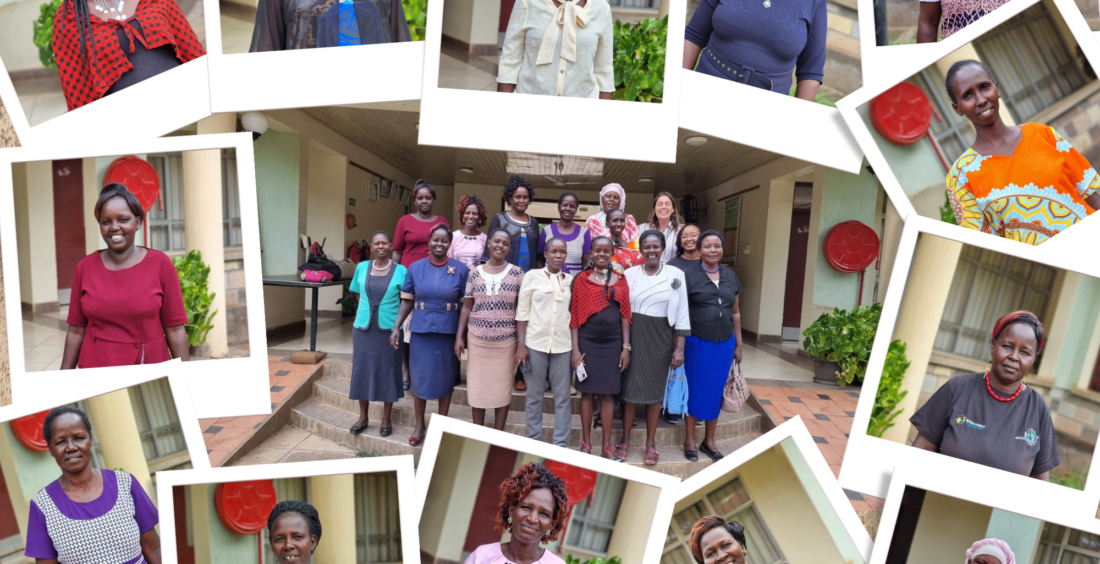The women of the Network for Empowerment of Women (NEW) in Baringo County hail from various regions within Baringo South sub-county. They serve as leaders of Ilchamus women’s groups, voluntary associations comprising 20 to 30 women who come together to engage in diverse income-generating activities. Traditionally, Ilchamus women are expected to stay at home, caring for the family and livestock, which is an exceptionally arduous task in the semi-arid region where water is scarce and must be manually transported in containers, and daily meals are prepared using firewood collected on a regular basis. Despite the weighty responsibilities they already bear, these women strive for more. They advocate for the education of their daughters and sons, a privilege many of them did not have, and reject cultural practices such as female genital mutilation, still prevalent among over 90% of the Ilchamus population. They unite in their pursuit of better living conditions and exemplify the transformative power of change and education.
Each of these women, whether seasoned with experience or youthful in age, carries a personal story that has made them resilient. One woman embarked on a long journey to care for her children in the face of a husband’s alcoholism and financial irresponsibility. Another woman experienced profound despair when her teenage daughter became pregnant. The youngest woman fought against her family and community to resist female genital mutilation, while the eldest, despite illiteracy, sustains her entire family through a small shop.
Together, these women form a mosaic of resistance and strength. Their collective efforts within the Network for Empowerment of Women, supported by Mundo Posible, serve as a tangible testament to the remarkable achievements that can be accomplished through determination and education. Though they confront immense daily challenges, their unwavering resolve remains unyielding.
Mundo Posible facilitated the establishment of this network of women leaders by registering the network and providing financial assistance for transportation. As more Ilchamus women leaders choose to join, the network steadily grows stronger and more entrenched.


Comments are closed.